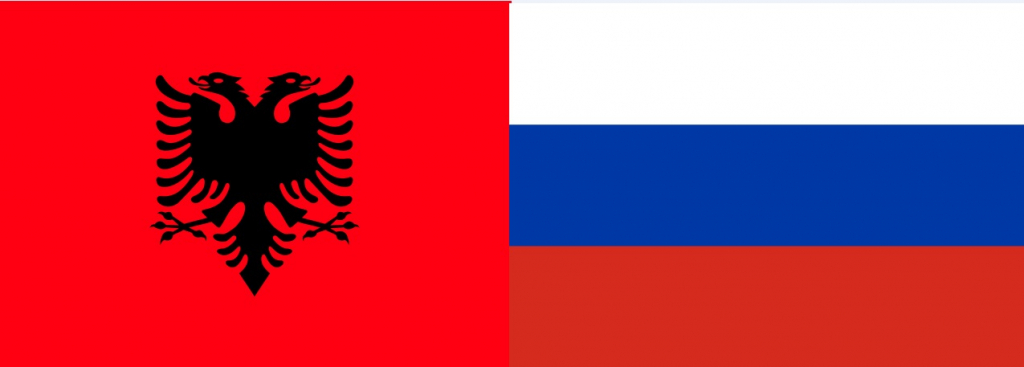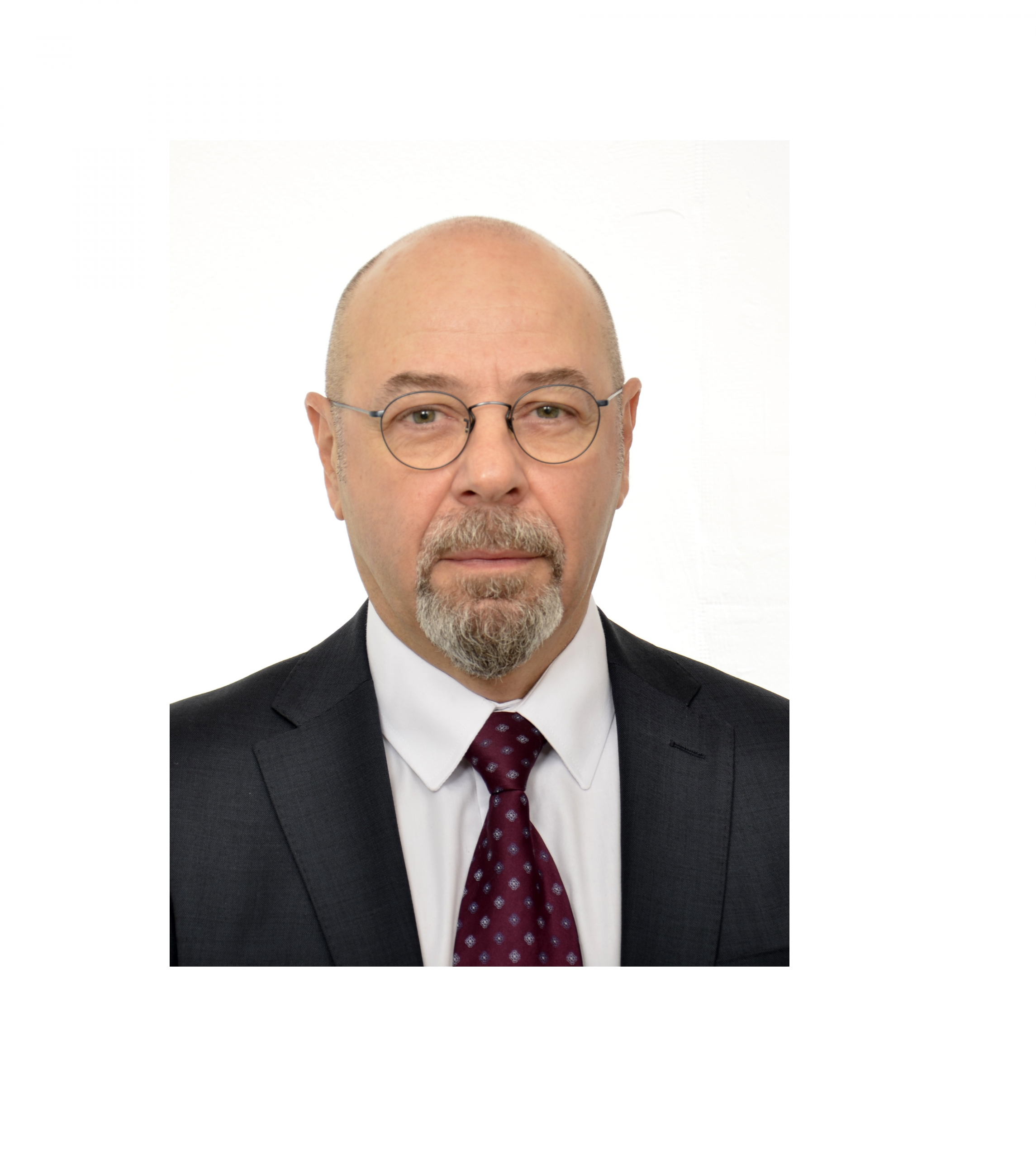Font Resize
Contrast

LISTA E DOKUMENTEVE SHQIPTARO-RUSE NE FUQI Marrëveshje ndërshtetërore dhe ndërqeveritare në fuqi Konventë midis Republikës Popullore Socialiste të Shqipërisë dhe Bashkimit të Republikave Popullore Socialiste Sovjetike për dhënien e ndihmës juridike për cështje civile, familjare të martesës dhe penale, nënshkruar më 30.06.1958. Marrëveshje ndërmjet Qeverisë së Republikës së Shqipërisë dhe Qeverisë së Federatës Ruse mbi fluturimet ajrore, datë 23 qershor 1993 (ka hyrë në fuqi më 23.06.1993). Marrëveshje ndërmjet Qeverisë së Republikës së Shqipërisë dhe Qeverisë së Federatës Ruse mbi udhëtimet e ndërsjella të shtetasve, datë 7 prill 1993 (ka hyrë në fuqi më 06.08.1993). Marrëveshje ndërmjet Qeverisë së Republikës së Shqipërisë dhe Qeverisë së Federatës Ruse mbi...
Read More

